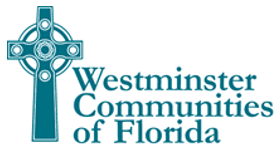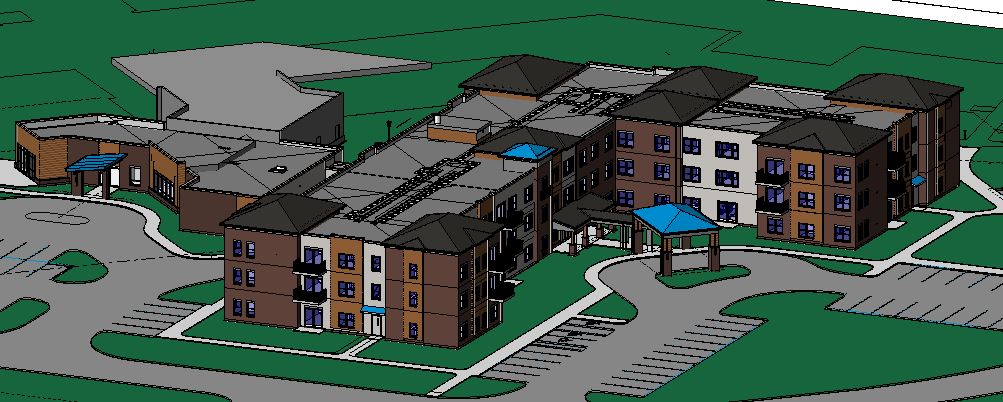Our team of market analysts have a singular mission: to help you make better investment decisions. Read the latest market commentary.
Continue readingCasa de las Campanas Case Study
HJ Sims completes third financing for client to secure long-term bank commitment to refinance all of its outstanding debt generating significant interest rate savings.
Continue readingWestminster Communities of Florida Case Study
HJ Sims successfully completes taxable fixed-rate advance refunding and tax-exempt expansion funding allow for streamlined capital structure and continued low-cost growth
Continue readingMarket Commentary: Casting Ballots and Buying Bonds
Our team of market analysts have a singular mission: to help you make better investment decisions. Read the latest market commentary.
Continue readingHJ Sims Advises Presbyterian Villages of Michigan on Financing Independent Living Rental Expansion Project
Presbyterian Villages of Michigan Case Study
HJ Sims advises Presbyterian Villages of Michigan on Financing Independent Living Rental Expansion project, various refinancings, and adding new members to the Obligated Group.
Continue readingMarket Commentary: The Week to Shop for Discounts
Our team of market analysts have a singular mission: to help you make better investment decisions. Read the latest market commentary.
Continue readingToby and Leon Cooperman Sinai Residences of Boca Raton
Federation CCRC Operations Corp. d/b/a Toby and Leon Cooperman Sinai Residences of Boca Raton is an existing life plan community, managed by Life Care Services (“LCS”), which consists of approximately 234 independent living units, 48 assisted living units, 24 memory-support units, 60 skilled nursing beds and related common amenities.
Continue readingMarket Commentary: October Surprises
Our team of market analysts have a singular mission: to help you make better investment decisions. Read the latest market commentary.
Continue readingHJ Sims Underwrites $135 Million Expansion for Phase II of the Toby and Leon Cooperman Sinai Residences of Boca Raton
HJ Sims Arranges $6.5M Financing for Improvements to Philadelphia Protestant Home
HJ Sims Secures $6.5 million Additional Debt Financing for Capital Improvements
The Philadelphia Protestant Home
HJ Sims Secures $6.5 million Additional Debt Financing for Capital Improvements for The Philadelphia Protestant Home.
Continue readingMarket Commentary: Evolving Ecosystems
Our team of market analysts have a singular mission: to help you make better investment decisions. Read the latest market commentary.
Continue readingMarket Commentary: Twisting Path to Election Day
Our team of market analysts have a singular mission: to help you make better investment decisions. Read the latest market commentary.
Continue readingFinancing the Perception of Safety
Market Commentary: Rock, Paper, Scissors
Our team of market analysts have a singular mission: to help you make better investment decisions. Read the latest market commentary.
Continue readingMarket Commentary: Alternatives
Our team of market analysts have a singular mission: to help you make better investment decisions. Read the latest market commentary.
Continue readingMarket Commentary: Under Pressure
Our team of market analysts have a singular mission: to help you make better investment decisions. Read the latest market commentary.
Continue readingMarket Commentary: Neither Snow Nor Rain Nor Low Yields
Our team of market analysts have a singular mission: to help you make better investment decisions. Read the latest market commentary.
Continue reading




